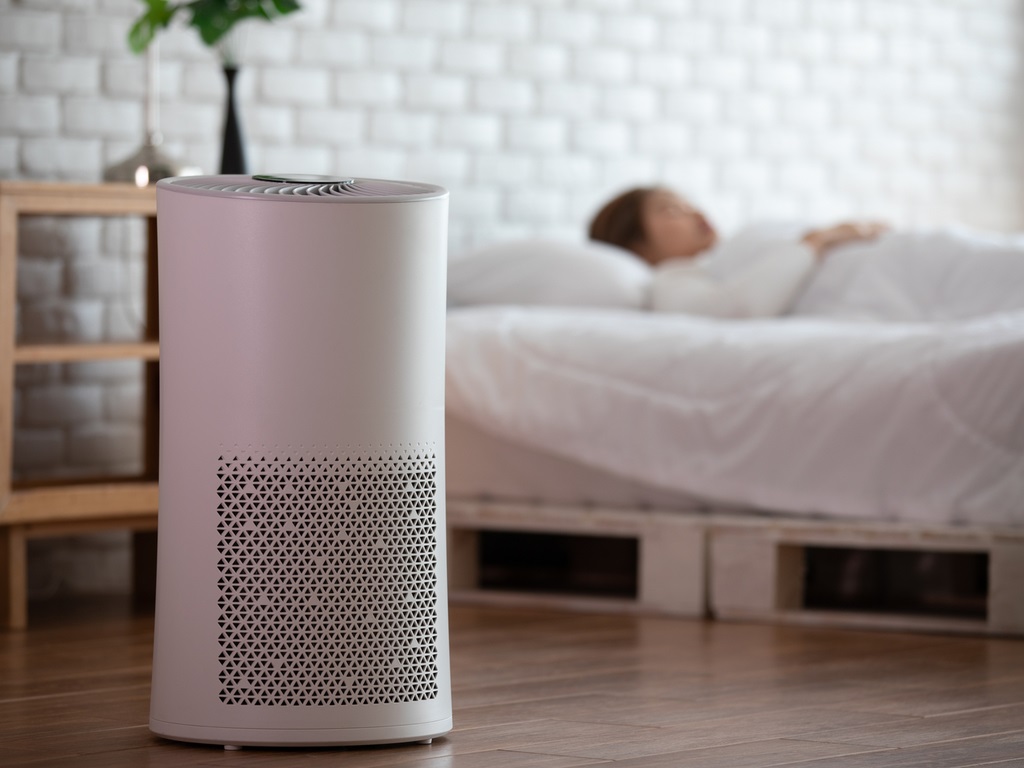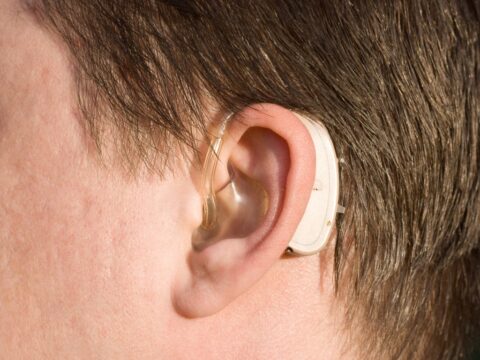In recent years, the use of air purifiers has gained significant attention, especially among individuals dealing with respiratory issues like asthma. These devices are designed to remove various pollutants and allergens from the air, potentially offering relief to those affected by respiratory conditions. This blog explores the potential benefits of air purifiers for people with asthma, shedding light on how these devices work and their potential impact on indoor air quality.
Creating a Breathable Environment
Clean Air, Happy Lungs:
Air purifiers have advanced filtration systems that can capture a wide range of airborne particles, including dust, pollen, pet dander, and mold spores. Breathing in clean air is crucial to maintaining optimal lung function for asthma patients. By reducing the presence of these irritants, air purifiers contribute to a cleaner and healthier indoor environment, leading to fewer asthma symptoms and overall better respiratory health.
Tackling Airborne Triggers
Targeting Asthma Triggers:
Asthma attacks can be triggered by various factors, and airborne pollutants play a significant role. Tobacco smoke, volatile organic compounds (VOCs), and fine particulate matter are common culprits that can worsen asthma symptoms. Air purifiers equipped with HEPA and activated carbon filters can effectively capture and neutralize these triggers, reducing the risk of asthma exacerbation.
Improving Sleep Quality
Restful Nights, Clear Breathing:
For people with asthma, a good night’s sleep can sometimes be elusive due to nighttime symptoms like coughing and wheezing. Air purifiers operating in the bedroom can help create a cleaner sleeping environment by removing allergens and irritants from the air. This, in turn, can lead to improved sleep quality and more restful nights, enabling asthma patients to wake up feeling refreshed and ready to face the day.
Enhancing Lung Function
Breathing Easier:
The cleaner the air, the easier it is for asthma patients to breathe. By reducing airborne particles, air purifiers help prevent airway inflammation and irritation, common triggers for asthma attacks. This, combined with proper medical management, can enhance lung function over time.
Complementing Medical Management
Working Hand in Hand with Medication:
It’s important to note that while air purifiers can provide substantial benefits, they are not a substitute for medical treatment. Asthma patients should continue to follow their prescribed medication and treatment plans. However, incorporating air purifiers into their living spaces can serve as a valuable supplementary measure to reduce exposure to asthma triggers.






